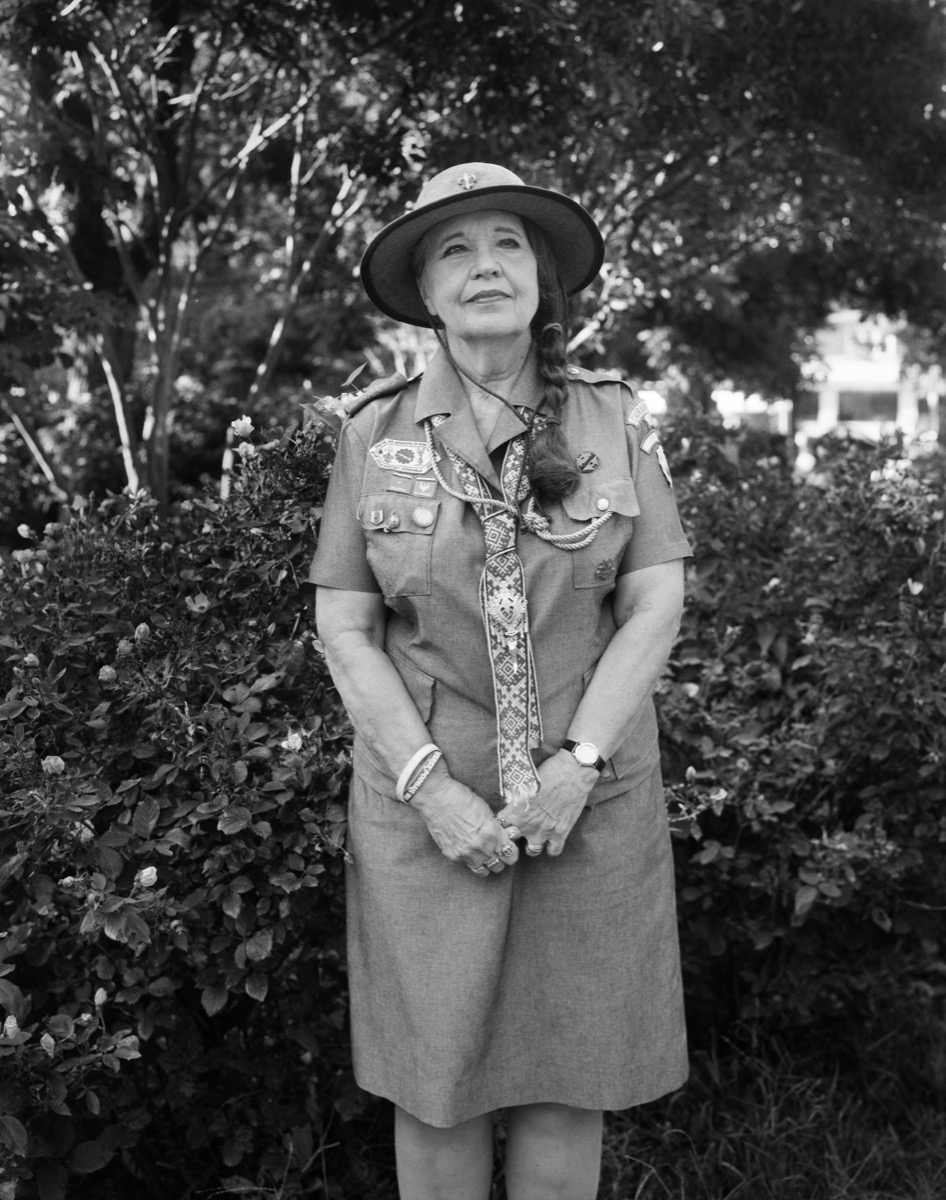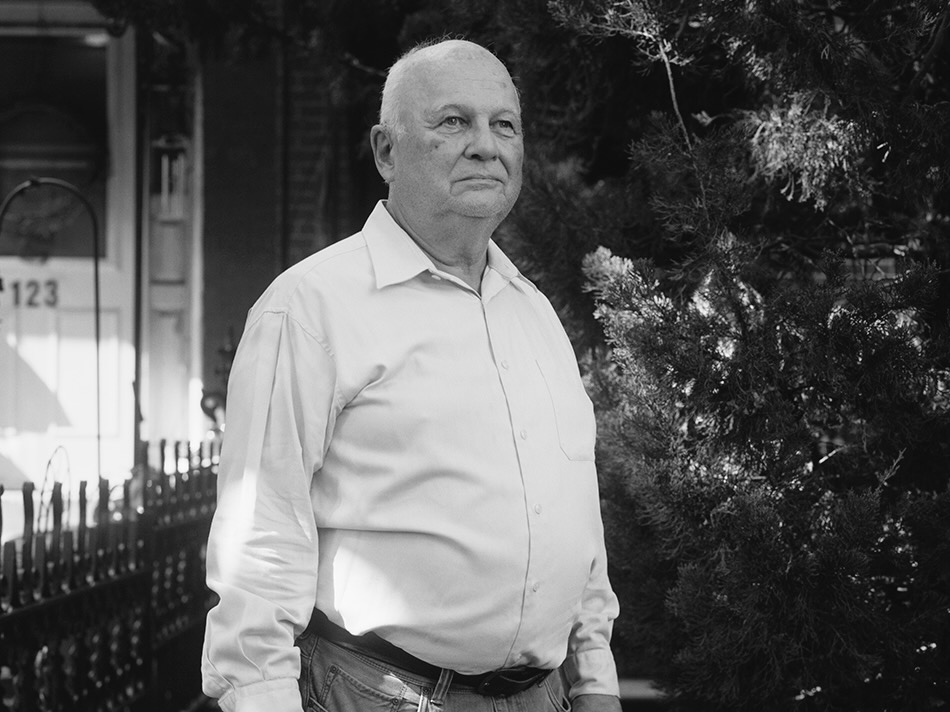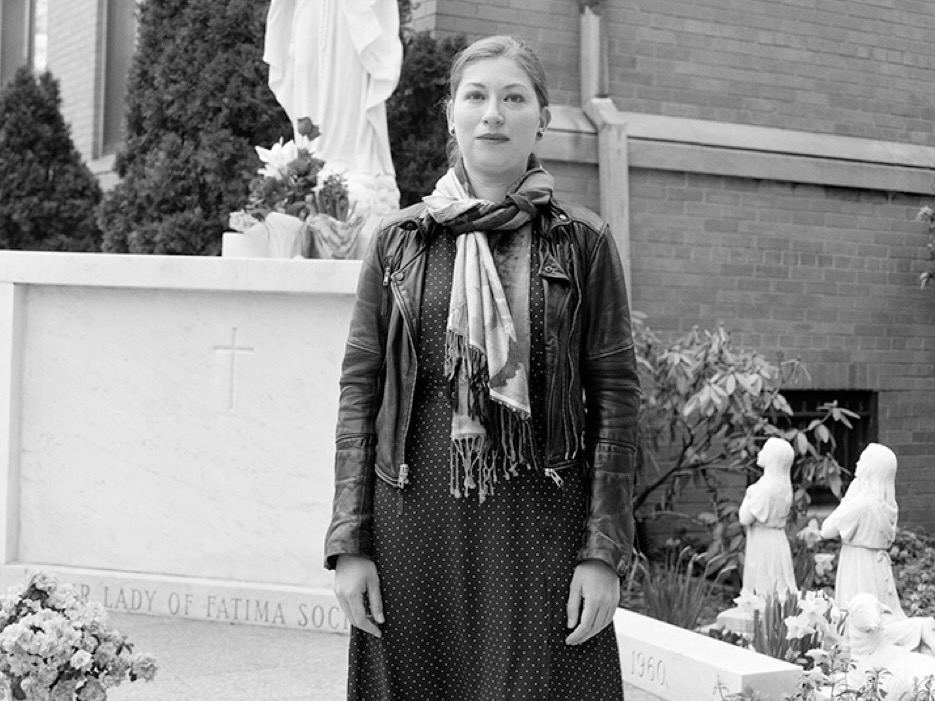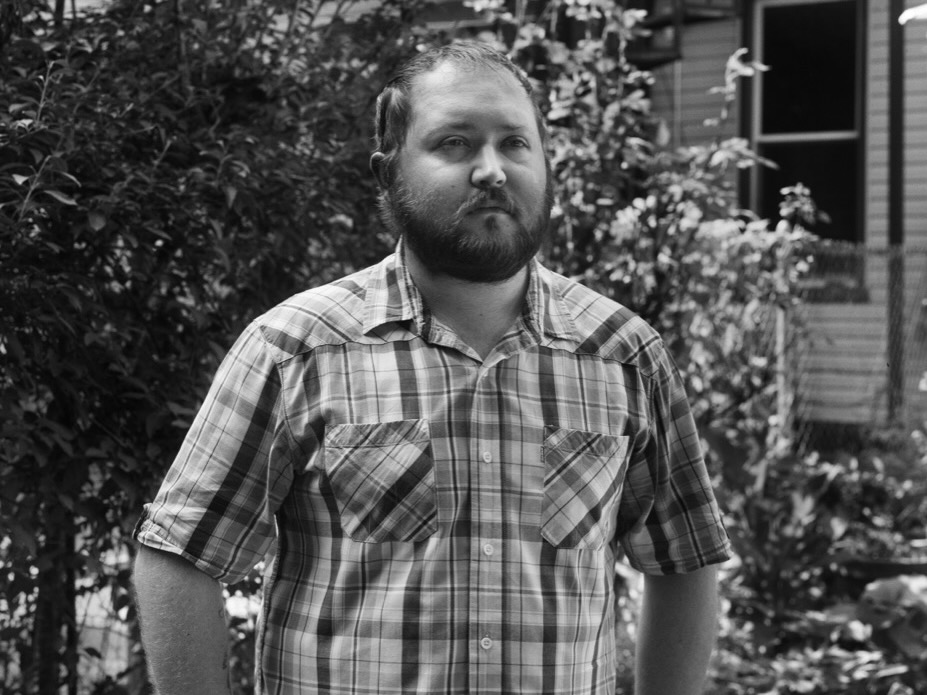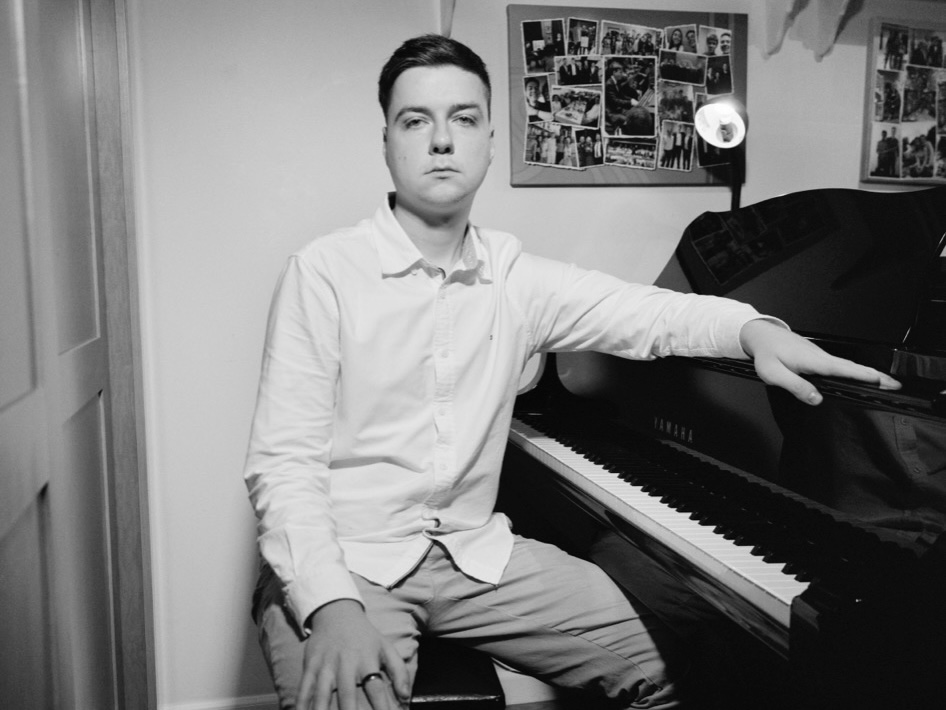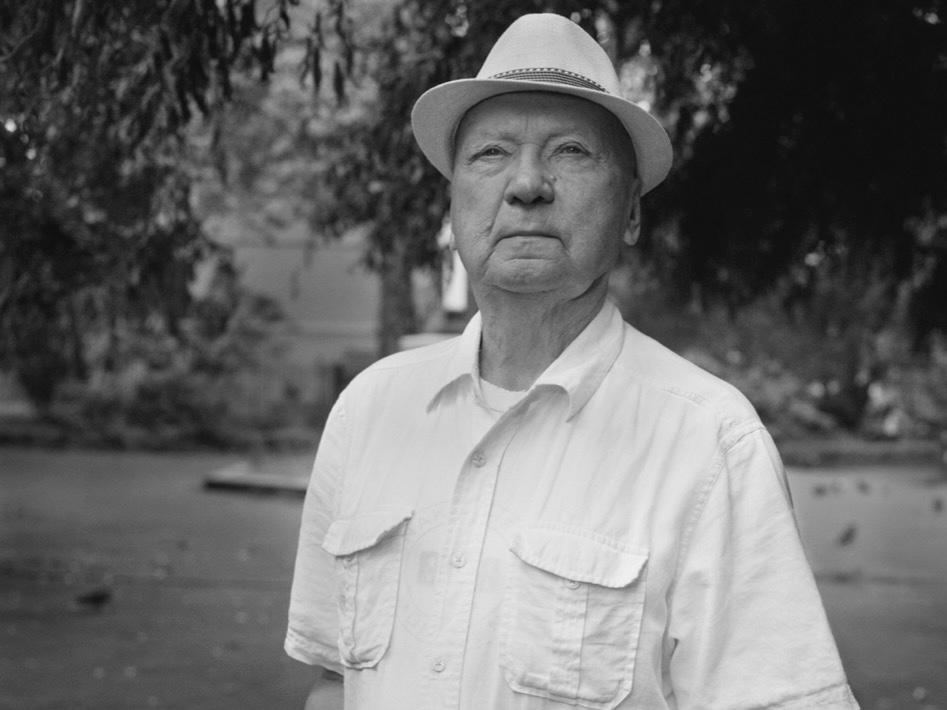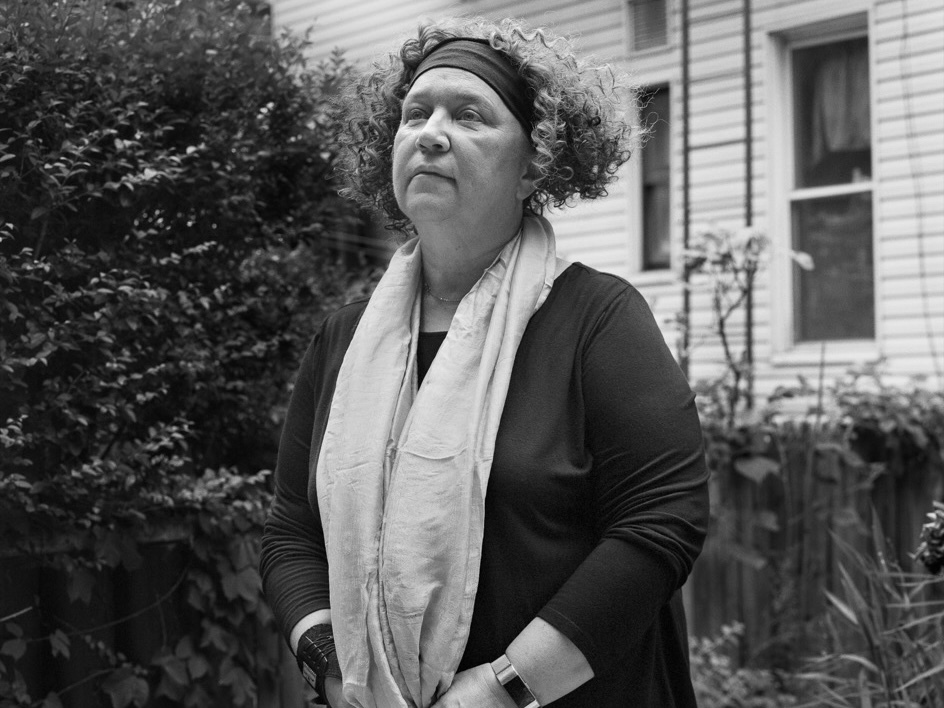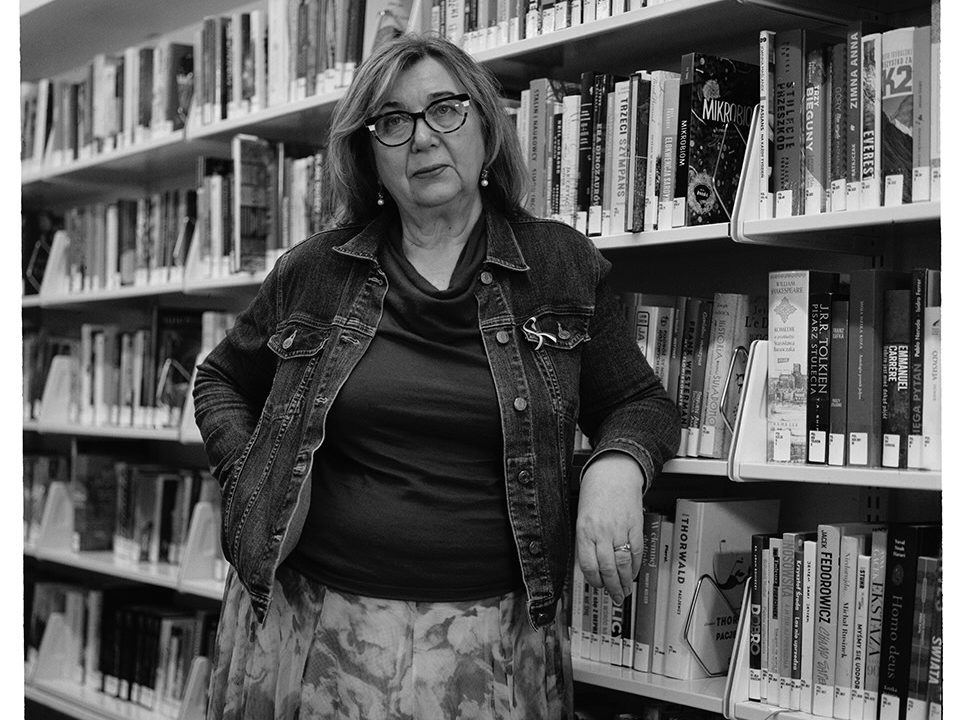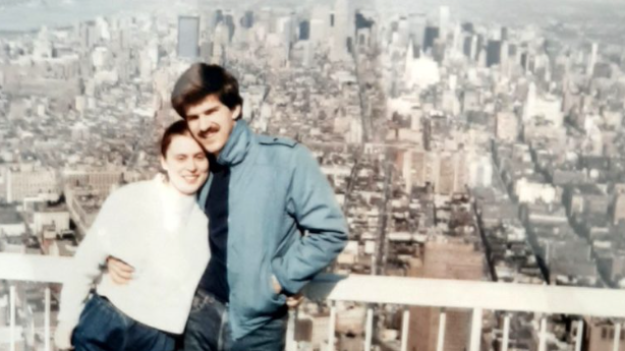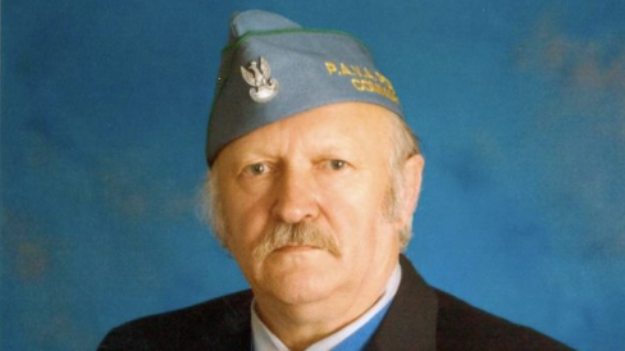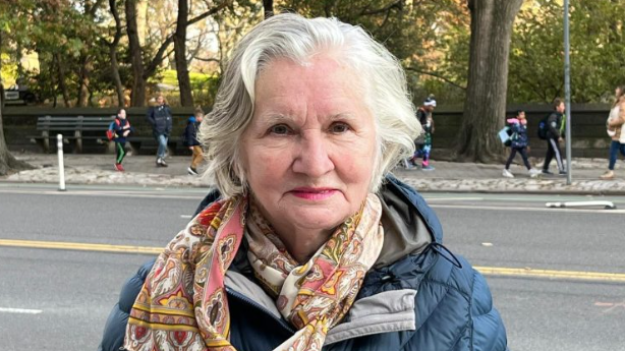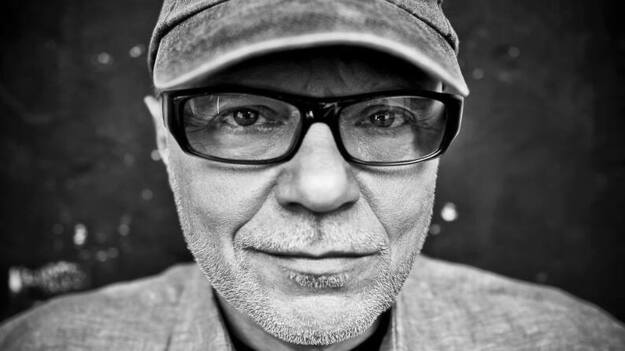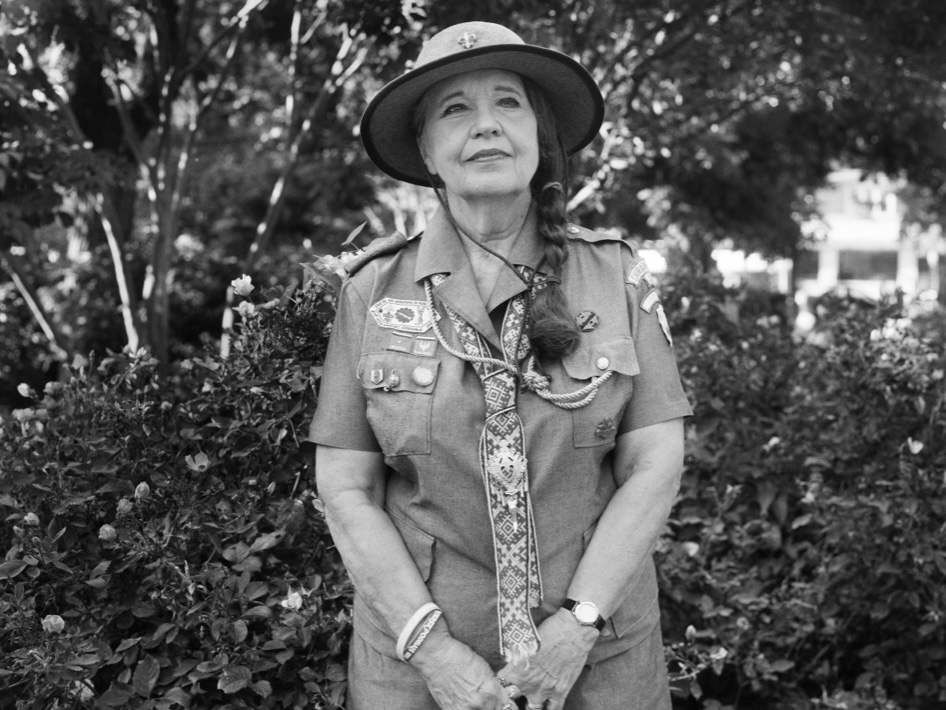
I was 13 years old and spoke some British English. It was not enough in Brooklyn. My Mom sent me to the school run by nuns, who were quite stern, and corrected me sharply. “You are in America; you are not Maria, you are Mary.”
My grandmother immigrated from the Galicia region of Poland in the early 20th century due to terrible poverty and overcrowding. She was a teenager at the time and came to assist her older sister, who had already migrated to America and started a family there. Tragically, all of her sister’s sons died from a mysterious hereditary disease. This realization struck me later when my own son required an immediate blood transfusion, an option that was unavailable to those boys living in the working-class slums of Galicia. Despite the hardships, my grandmother supported her family by taking in laundry and working as a cleaner.
In America, she married a man from the Podlasie region of Poland. In 1909, my mother was born in Pennsylvania. As strikes and poverty worsened, Grandma made the difficult decision to send her daughter to Poland to live with relatives while she continued working in America to earn money. However, the outbreak of World War I disrupted her plans for reuniting with her daughter. My mother didn’t meet her mother again until she was 14, having become a half-orphan in the meantime due to the death of her Polish relatives during the war.
Once travel across the ocean became feasible again after World War I, my mother reunited with her mother, finding her with several new brothers to care for. Despite her desire to become a nurse, she was discouraged from attending school as her brothers were prioritized for education. Eventually, she fled to Poland, where she attended nursing school and became an excellent nurse and midwife, often serving as an honored godmother to children she helped bring into the world.
She later married a police officer and moved with him to the Borderlands, where she continued her compassionate care for all, regardless of ethnicity. However, with the outbreak of World War II, she was separated from her husband and son when they had to flee from advancing German forces. It was thanks to the warnings from grateful patients, the Cossacks, that they escaped safely.
When the war was over, my mother searched for her family through the Red Cross and reunited with them, only to suffer the loss of a child and the tragic death of her husband at the hands of the Germans. She was then cared for by my father’s friend from the Polish resistance, whom she later married. However, life with him wasn’t easy due to his infidelity. After the war, my mother faced challenges finding work because she didn’t want to join the Communist Party. Nonetheless, she worked privately, assisting a doctor.
We lived in Krakow near the Wawel Royal Castle. Despite the difficulties, my childhood was filled with fond memories of being the top student in class, belonging to the scouts, enjoying the beauty of Krakow., singing in the school choir. I was a star there.
However, our life was also marked by the fear instilled by the authorities’ persecution of my stepfather, who was interrogated regularly by security services, leaving a lasting impression of anxiety and uncertainty. The authorities would come in the early morning hours, often around 3 AM, bringing dogs with them and shouting at my stepfather during these intimidating interrogations.
Then my parents decided that this situation couldn’t continue. My mom had American citizenship, so she decided to visit her brothers in the US to test if she could live in America again. In 1957, during the “Thaw” period, when the communist system had relaxed somewhat, Mom and I left Poland. We never returned. It took my dad two years to obtain a passport from the communist authorities to leave as well.
We visited my grandmother and grandfather in Brooklyn on 13th Street, but our family didn’t treat us well. They were already very Americanized and viewed us as culturally backward. They laughed when my mother expressed her desire to buy a piano so I could continue studying. “Why do you need it?” they said. “You need to earn dollars.”
Mom persisted. My older brother, who remained in Poland, was a trained engineer, and his wife was a doctor. She couldn’t fathom the idea that I wouldn’t attend school. I was 13 years old and spoke some British English. It was not enough in Brooklyn. My Mom sent me to the school run by nuns, who were quite stern, and corrected me sharply. “You are in America; you are not Maria, you are Mary.” So in America I am Mary Bielski, in Poland Maria Bielska, in the scouts they called me Dzidka.
I was furious with my mother for bringing me to this country. I disliked it immensely. Here I felt lost and fell ill with a blood disease. The doctors warned that I might not live past 18 or maybe 26. They advised against marriage and having children, issuing dire threats.
My plan was to learn English and return to Poland to become a teacher. However, discovering a scout troop in Greenpoint saved me. I’ve been a scoutmaster since 1960, and through scouting, I met my husband and many wonderful people. I’m happy to be here.
